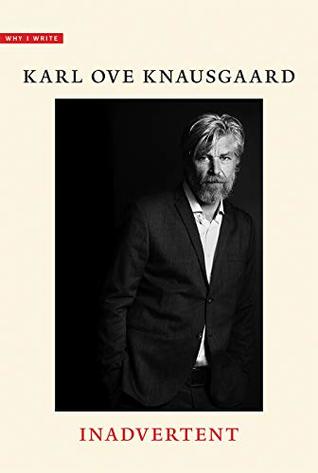More on this book
Kindle Notes & Highlights
If the distance is great enough, the answer is yes—seen from a great distance, a life can be summed up in a single sentence—but as soon as one comes closer to life, it dissolves into an ocean of time, events, things, and people. It is still there, somewhere in the multitude, but it is no longer supreme, for in a life seen at close range there is no organizing principle.
Art and literature constitute a continual negotiation with reality, they represent an exchange between identity and culture and the material, physical, and endlessly complex world they arise from.
It’s strange how the event one remembers attaches itself to the moments surrounding it, which without it would have been lost, since they don’t contain anything memorable. Yet those are the moments we live our lives in, while those we remember, which we construct our identities around, are often the exceptions.
Thoughts and feelings are not mutually exclusive, of course; it is precisely the opposite that occurs in reading, as I experienced for the first time when I read Ursula K. Le Guin’s children’s classic: they are brought together. Reading is a different way of thinking.


